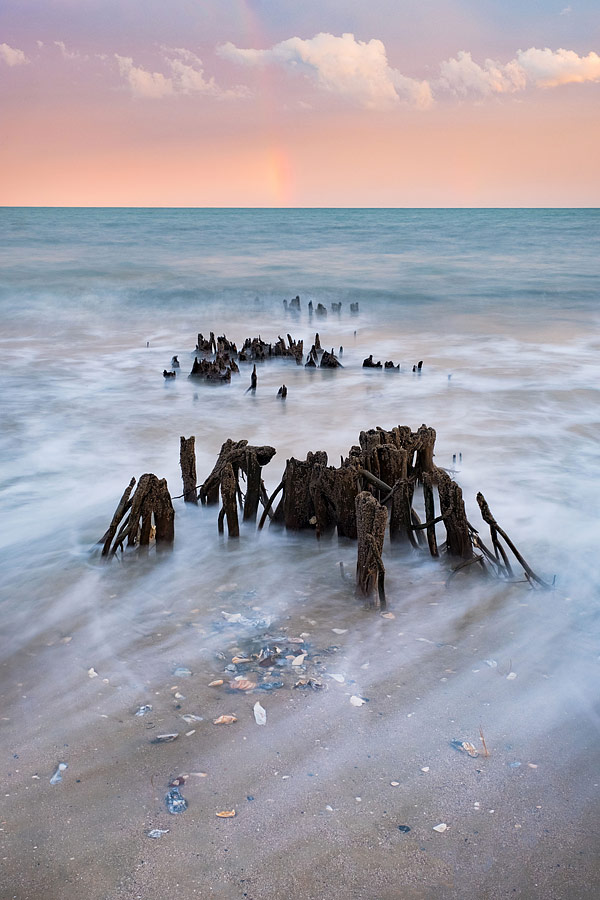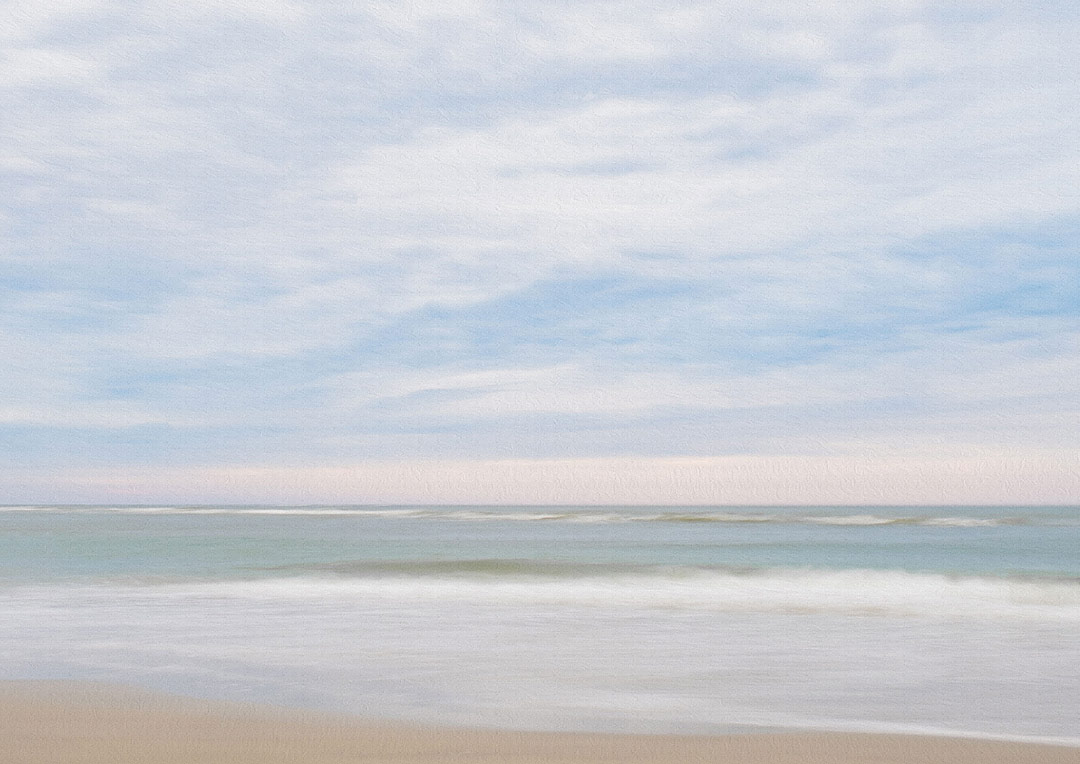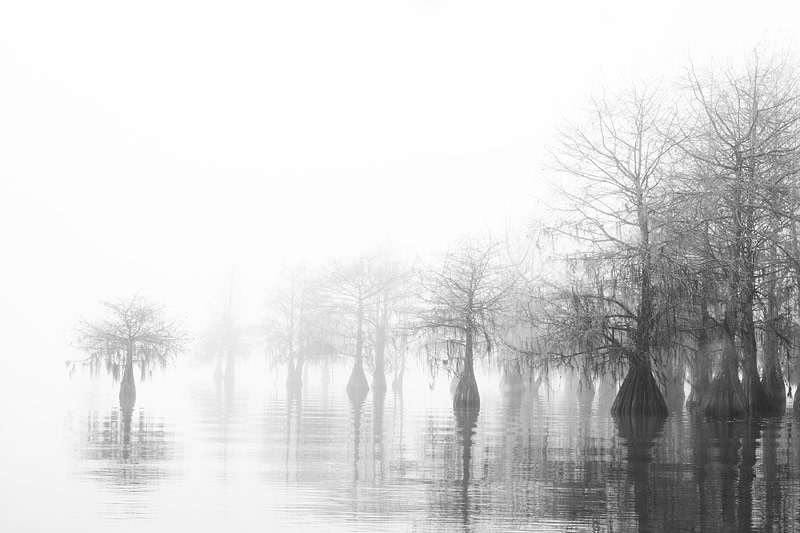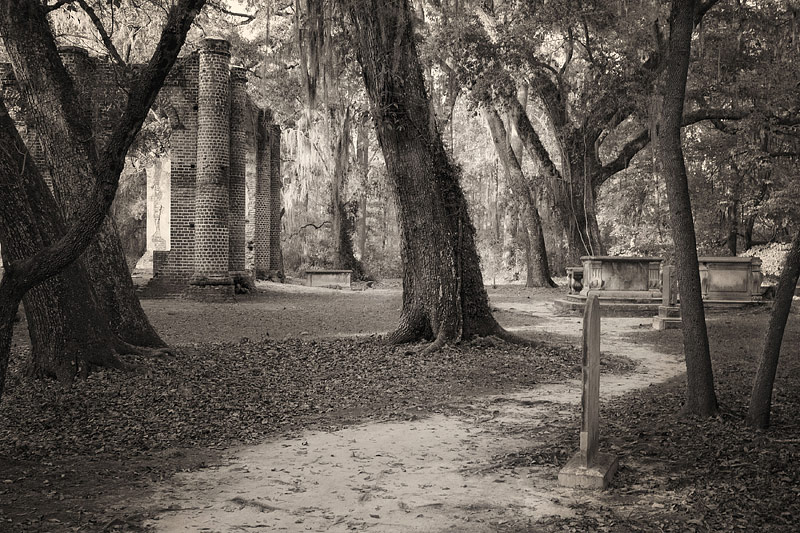The year 1839 is generally acknowledged as the birth of photography, when William Henry Fox Talbot used a salt print process to create the first photograph. One of his first prints was of Lacock Abbey in Wiltshire, England. Ironically, less than ten years later, painters were influenced by the realism that could be achieved with photography and the Realism movement began in France. The essence of this form of art was to focus on subjects in their realistic lives, which could include the mundane, 'everyday life' of the people depicted in the most realistic representation possible with paint.
As Mark Twain famously said, “The secret of getting ahead is getting started” and, while Mr. Twain is correct, sometimes figuring out where the starting point actually lies is an issue in and of itself.
With our social media feeds filled with awe-inspiring and somewhat intimidating great works of digital art, it can be discouraging to know where to get started on your own journey with nature photography. We hope this article will provide some helpful advice if you are looking to enhance your photography skills.
Be monogamous with one lens
This was the first piece of advice that I ever received from a mentor ten years ago: be monogamous with one lens for at least six months. I didn’t fully understand just how helpful and impactful this could be, but at the time I had tapped out my budget with a new camera and only had a 50mm prime lens to work with. I followed his advice and spent the next six months with that nifty fifty and, just as he promised, I grew from that experience.
Although it is not necessary to limit yourself to a prime lens like I did (a prime lens is a fixed focal length, not a zoom), even limiting yourself to a single zoom lens will be beneficial when you are getting started.
The value of being monogamous with one lens will train your eye to see the landscape through a specific focal length. When you arrive at a scene, you will be able to assess your strategy for capturing the best composition and make an educated lens selection based on the strengths of each focal length and speed.
As my photographic journey continued I began to grow my lens selection and took time exclusively with each lens as they were added to my repertoire.
The value of a lens
The second piece of advice I was given was, “buy the best glass possible, as the lens makes the camera”. Sadly, some manufactures will provide a ‘kit lens’ that is of a lesser quality if you purchase your camera in a bundle, although this also depends on the camera you are purchasing. When I switched from Nikon to FUJIFILM, I was pleasantly surprised that the entire line of the brand's lenses are exceptional and you really can’t go wrong. This isn’t the same though for each camera brand, so researching and looking for other opinions is exceedingly helpful before committing to a purchase.
Quality over quantity
Don’t be fooled into thinking you need everything immediately. Enjoy the early days of your photographic journey and make the most of the gear you have. If you have the option I would recommend purchasing a higher-quality camera with one lens, rather than buying a lesser camera with several lenses. It is amazing what you can do with one lens while getting started.
Find a photographer you like and respect
Having a pro photographer or a seasoned veteran in your life is very important. I was blessed to have been mentored by a seasoned pro photographer when I started out and it was life-changing. Prior to having met my mentor though, I spent a lot of time following one person on social media and her website blog and I adored her style and her fun personality. When I purchased my first professional level camera, I based it on what kit she was using and was very happy with it. She and I are still friends to this day.
Most photographers are very willing and eager to help people just getting started, so don’t be afraid to reach out to them and ask questions but be mindful that responses from busy photographers can be delayed with their work and travel schedules.
Information super highway – enter with caution
While there are many great (and not so great) photographers out there, the same can also be said about the information you find on the internet and YouTube. My best advice is to proceed with caution. Look for two or three photographers whose work and style resonates with you and follow them on their blogs and social media. Depending on how many followers they have, if you are consistent in your engagement with them you may even be able to forge a relationship.

Attend workshops
I can’t tell you how many people I have met who have told me that their single greatest learning experience was from having one-on-one or small group experience with a professional photographer. However, as mentioned above, do your research before booking any trips. Ask questions, look to the advice of other photographers who have been on workshops and ask for recommendations. In fact, if you find a workshop that interests you, don’t hesitate to reach out to the professional and ask if the workshop is right for your skill level.
Find a local photography group
Finding a place to go and learn from like-minded people for a nominal fee (or possibly even free) is one of the best things you can do for your photography when you are just getting started. Look for local groups, meet-ups and other photography events that might be happening close to home. This is a great way to introduce yourself to different styles of photography, genres and widen your network. Having the opportunity to learn from others more experienced, in a casual setting, is invaluable. Don’t be afraid to ask a lot of questions!
Finally, there is nothing that will help you grow more than just getting out into the field and practicing. If the journey begins with a single step, then photography begins the first time you get out of bed at an ungodly hour to capture a sunrise. Be present at your location and photograph what captures your eye. Most importantly, don’t take yourself too seriously and remember to have fun!






1 Comment
I love the pictures in your article and I love your advices.